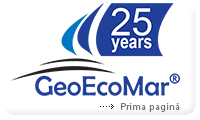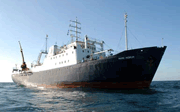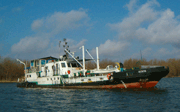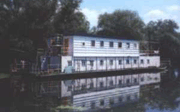Acest site nu mai este actualizat. Pentru a deschide site-ul nou urmăriți linkul de mai jos.
This site is no longer updated. To open the new site please click here: geoecomar.ro
This site is no longer updated. To open the new site please click here: geoecomar.ro
Choose language:  English
English
 English
EnglishInstitutul National de Cercetare-Dezvoltare pentru Geologie si Geoecologie Marina








